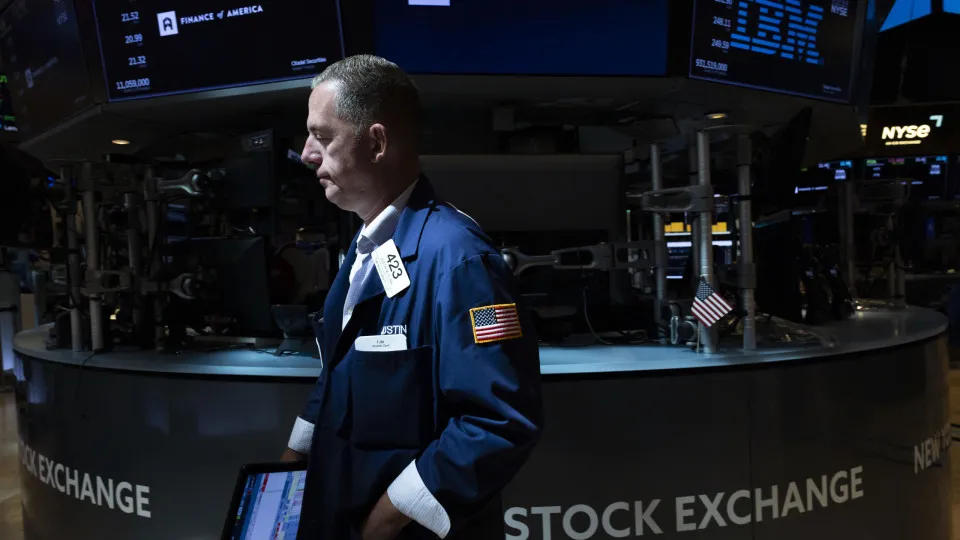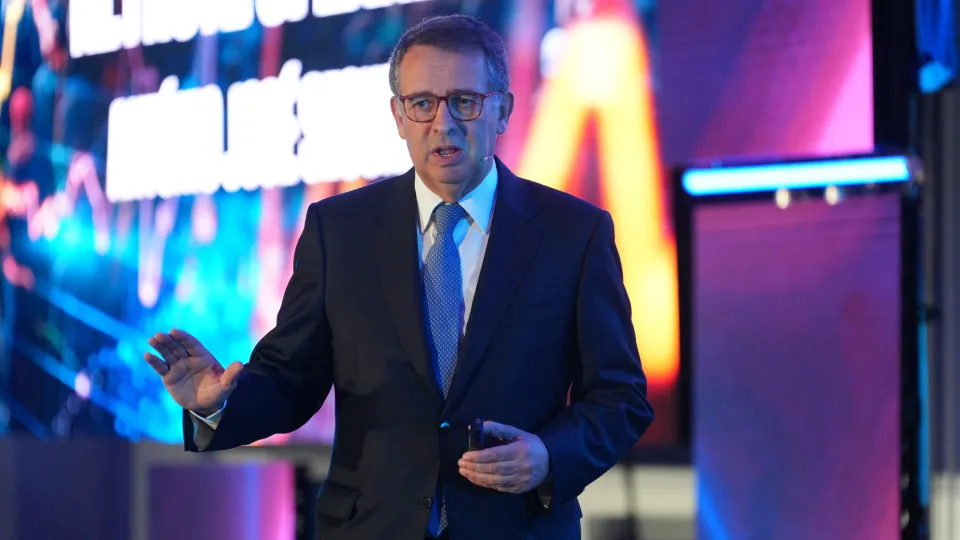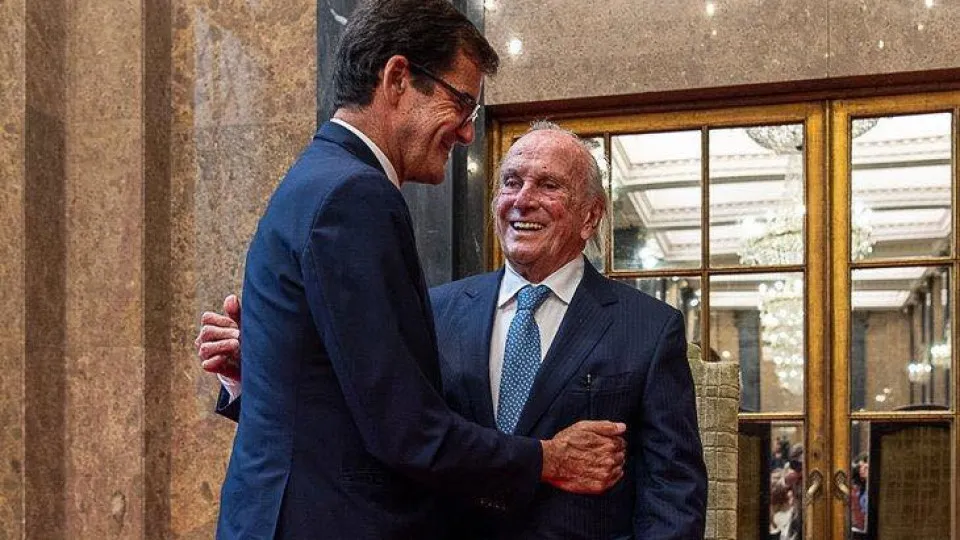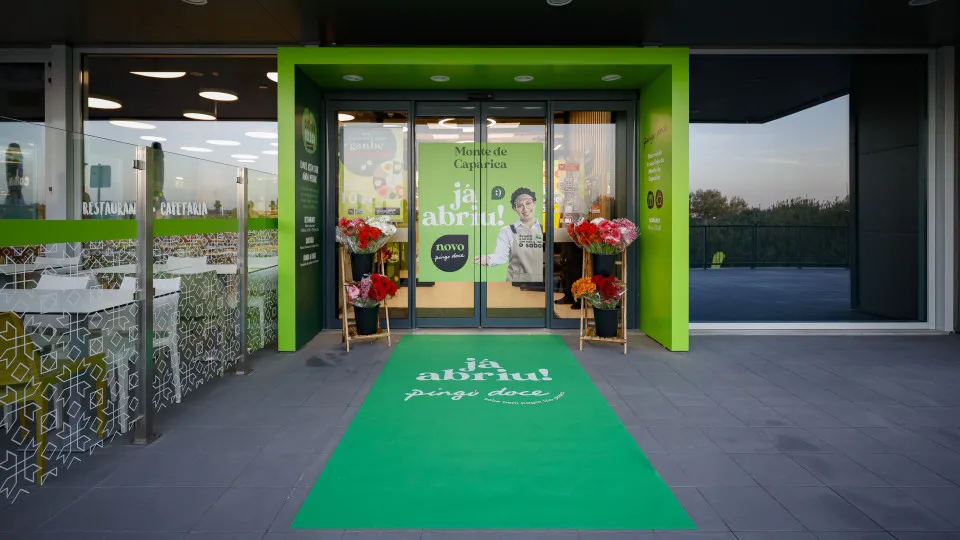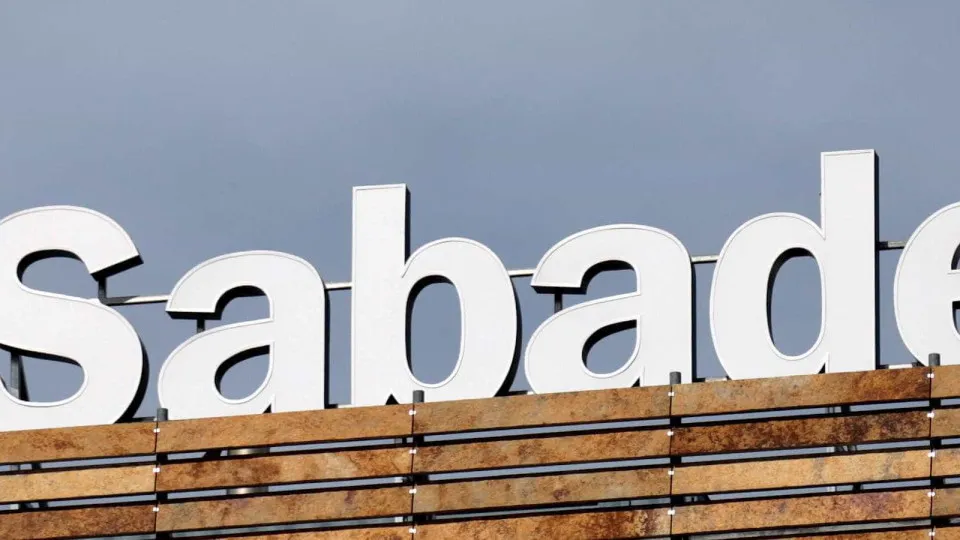
Josep Oliu stated that “conditions existed” for BBVA’s Takeover Bid (OPA) to successfully control Sabadell at a higher price.
“If someone in the future wants to make a hostile OPA, they must know that to win, they must substantially surpass the value attributed by the market” to the entity they wish to absorb, said the president of Sabadell bank in Barcelona at the World in Progress conference series, organized by the PRISA media group.
Josep Oliu emphasized that, “purely at market level,” the price BBVA offered for Sabadell’s shares was the main reason the OPA failed.
BBVA “was not able to see that it should have made a very substantial price increase, which it did not do,” he added.
The president of Sabadell admitted that, nevertheless, the bank’s management believed BBVA would at least acquire 30% of the institution in the first phase of the operation, expecting a second OPA to follow.
“In the last three days, we were convinced there would be a second OPA,” he admitted.
Josep Oliu also stated that an OPA should be agreed upon and that this is one of the lessons from this process.
“I will never engage in a hostile OPA,” he asserted.
Regarding cross-border bank mergers at the European level, he noted that they are “very far off” and stressed that, among other reasons, “there are no clear synergies.”
Oliu pointed out that each country in the European Union has its own legislation on matters such as taxation or bankruptcies, creating barriers to mergers.
BBVA’s hostile OPA on the also Spanish Sabadell was unsuccessful, failing to even reach 26% of the financial institution’s capital, the Spanish National Securities Market Commission (CNMV) revealed on Thursday.
The Basque bank secured 25.47% of Sabadell’s capital, far from the initial goal of 50%, which would have given it control of the Catalan bank.
The OPA had been formally underway since September 8, with BBVA proposing one of its shares for every 4.8376 shares of Sabadell, valuing each Catalan share at 3.39 euros — the highest value in over a decade.
The operation, entirely in shares, would have been tax-neutral for shareholders with capital gains if the adherence exceeded 50% of the voting rights.
BBVA had set a minimum requirement to obtain 50% of Sabadell’s capital. Should it achieve between 30% and 50%, it could maintain the participation but would be obliged to launch a second, entirely cash OPA—unlike the current proposal, which only suggested a share exchange. Any stake below 30% would mean the total failure of the offer, as has now been confirmed.
The attempted merger of BBVA with Sabadell aimed to create one of the largest European banks, with approximately one trillion euros in assets, over 135,000 workers globally (including 19,213 from Sabadell), and more than 7,000 branches.
The new entity would have surpassed CaixaBank (owner of BPI) in assets, becoming the second-largest bank in Spain, only behind Santander.
Since the launch of the OPA in May 2024, the process had faced various regulatory challenges. The market regulator approved the operation only in April this year, and the Spanish government conditioned the merger on maintaining separate legal identities, assets, and managements of both banks for three years, with the possibility of extending for another two.
Brussels opened an infringement procedure due to the legislation allowing the government to impose these conditions.
Despite all reservations, BBVA maintained the OPA, claiming it was a “unique opportunity” for Sabadell shareholders.
However, the Catalan bank’s Board of Directors twice advised against accepting the offer, considering that it undervalued the institution.

